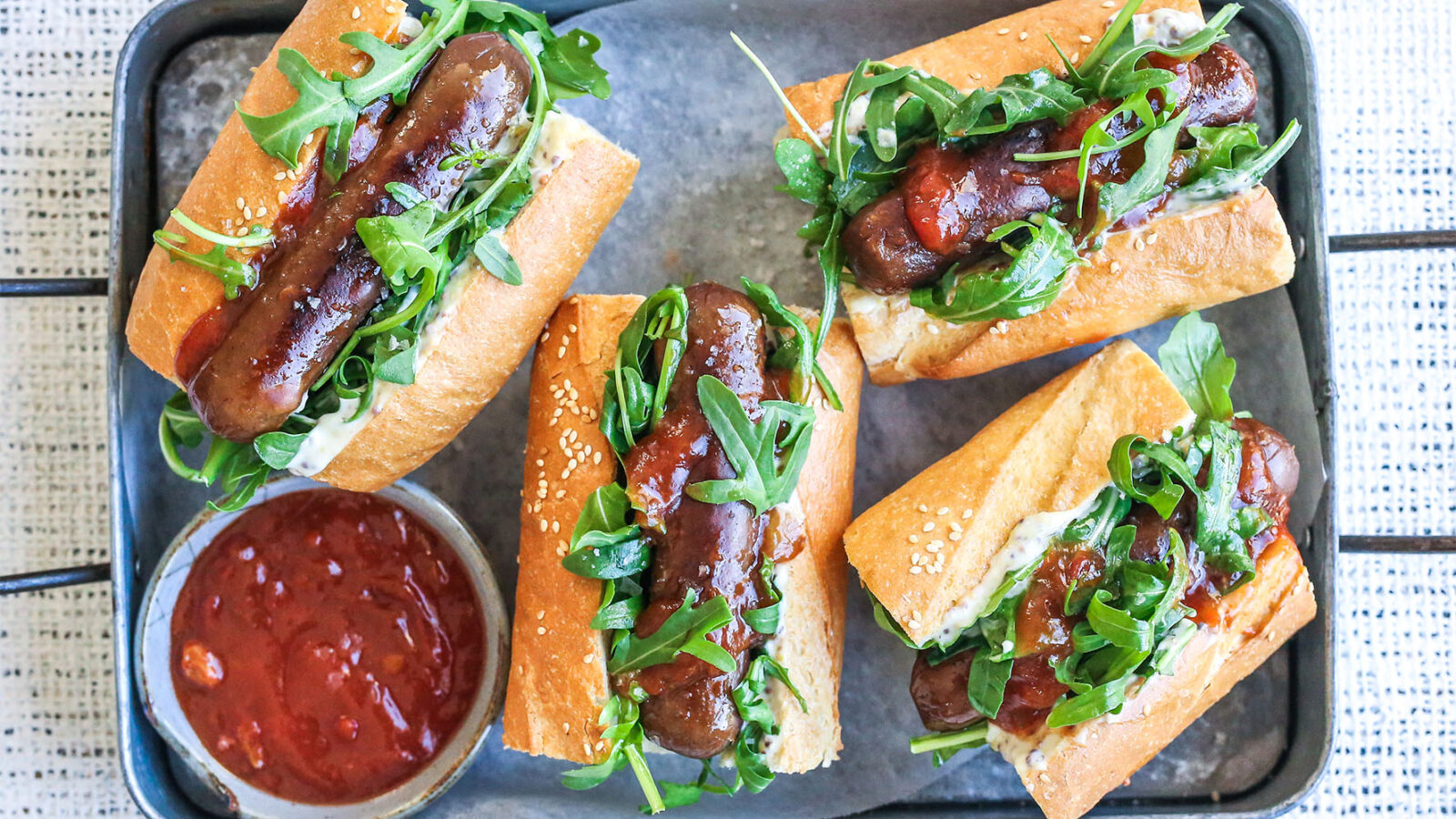There’s now a smorgasbord of meat alternatives to choose from at the market, providing a tasty choice for your family favourite recipes.
Meat alternatives are usually made from a variety of plant proteins including soy, lentils, beans, chickpeas, grains, nuts and seeds. While some are literally an alternative to meat, other varieties are created to mimic meat right down to the look, texture and taste. These often come in the form of mince, burgers, sausages or schnitzels. There’s now even products that taste like chicken and fish on the meat alternative menu.
Are meat alternatives healthy?
Meat alternatives tend to be lower in kilojoules and lower in saturated fat compared with animal meat sausages or burgers. As they are plant-based, many products also provide fibre.
When shopping for a meat alternative, dietitians recommend choosing products fortified with zinc, iron and vitamin B12—essential nutrients often found in animal foods.
Can they provide the protein I need?
Most meat alternatives have higher or comparable protein to their meat counterparts.
A Food Frontier report1 recently checked out meat alternative products in Australia and New Zealand supermarkets. It found 82 per cent of meat alternatives were a good source of protein, providing at least 10g of protein a serve. Plant-based sausages were found to have more protein than meat varieties, burgers were on a par, while plant-based mince is the only meat alternative category with less protein than the animal meat version.
On average women need around 46g of protein a day, while men require a little more at around 64g a day. Meat alternatives can certainly help hit the mark. A plant-based burger patty on a wholegrain bun with salad can provide as much as 30g protein in one meal.
Is the protein quality the same?
There are nine “essential” amino acids that we need to get from the protein we eat. If a food contains all nine of the “essential” amino acids, it is called a complete protein.
It’s often argued animal proteins are better because they contain all nine essential amino acids. However, there are also plant foods that are commonly thought of as “complete proteins” or high quality proteins. These include soy bean, quinoa, amaranth and pistachio nuts. Regardless, having a variety of different plant proteins as part of a healthy, balanced diet each day will provide the essential amino acids you need.
Looking for more ways to add plant-based proteins to your diet? Check out our meat alternative recipes at sanitarium.com.au or sanitarium.co.nz for some great recipe inspiration.






